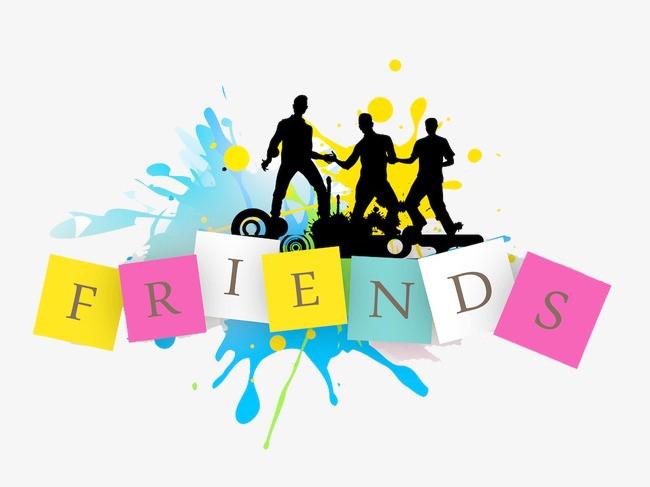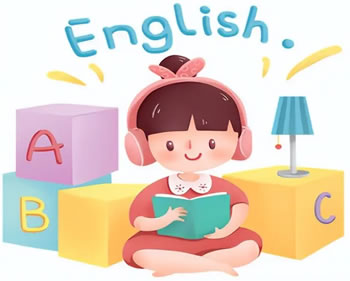

April Fool's Day is traditionally a day to play practical jokes on others, send people on fool's errands, and fool the unsuspecting. No one knows how this holiday began but it was thought to have originated in France.
The closest point in time that can be identified as the beginning of this tradition was in 1582, in France. New Year's was celebrated on March 25 and celebrations lasted until April 1st. When New Year's Day as changed from March 25 to January 1st in the mid-1560's by King Charles IX, there were some people who still celebrated it on April 1st and those people were called April Fools.
Pranks performed on April Fool's Day range from the simple, (such as saying, "Your shoe's untied!), to the elaborate. Setting a roommate's alarm clock back an hour is a common gag. The news media even gets involved. For instance, a British short film once shown on April Fool's Day was a fairly detailed documentary about "spaghetti farmers" and how they harvest their crop from the spaghetti trees. Whatever the prank, the trickster usually ends it by yelling to his victim, "April Fool!"
April Fool's Day is a "for-fun-only" observance. Nobody is expected to buy gifts or to take their "significant other" out to eat in a fancy restaurant. Nobody gets off work or school. It's simply a fun little holiday, but a holiday on which one must remain forever vigilant, for he may be the next April Fool!
Each country celebrates April Fool's differently. In France, the April Fool's is called "April Fish" (Poisson d'Avril). The French fool their friends by taping a paper fish to their friends' backs and when some discovers a this trick, they yell "Poisson d'Avril!".
In England, tricks can be played only in the morning. If a trick is played on you, you are a "noodle". In Scotland, April Fools Day is 48 hours long and you are called an "April Gowk", which is another name for a cuckoo bird. The second day in Scotland's April Fool's is called Taily Day and is dedicated to pranks involving the buttocks. Taily Day's gift to posterior posterity is the still-hilarious "Kick Me" sign.(约360字)
编辑:Liuxuepaper.Com
作文地带知识拓展:
英语(English)属于印欧语系日耳曼语族西日耳曼语支,最早被中世纪的英国使用,并因其广阔的殖民地而成为世界使用面积最广的语言。英国人的祖先盎格鲁部落是后来迁移到大不列颠岛地区的日耳曼部落之一,称为英格兰。这两个名字都来自波罗地海半岛的Anglia。该语言与弗里斯兰语和下撒克森语密切相关,其词汇受到其他日耳曼语族语言的影响,尤其是北欧语(北日耳曼语),并在很大程度上由拉丁文和法文撰写。
英语的英文释义:
English 名词 uk /ˈɪŋ.ɡlɪʃ/ us /ˈɪŋ.ɡlɪʃ/
the language that is spoken in the UK, the US, and in many other countries
英语
American/British English
美式/英式英语
Do you speak English?
你会说英语吗?
English 形容词 adjective uk /ˈɪŋ.ɡlɪʃ/ us /ˈɪŋ.ɡlɪʃ/
in or relating to the English language
英语的
an English teacher
英语老师
relating to or from England
英格兰的;英国的
English films/food/people
英国电影/食品/人
English law
英格兰法律









文档为doc格式
推荐阅读:



